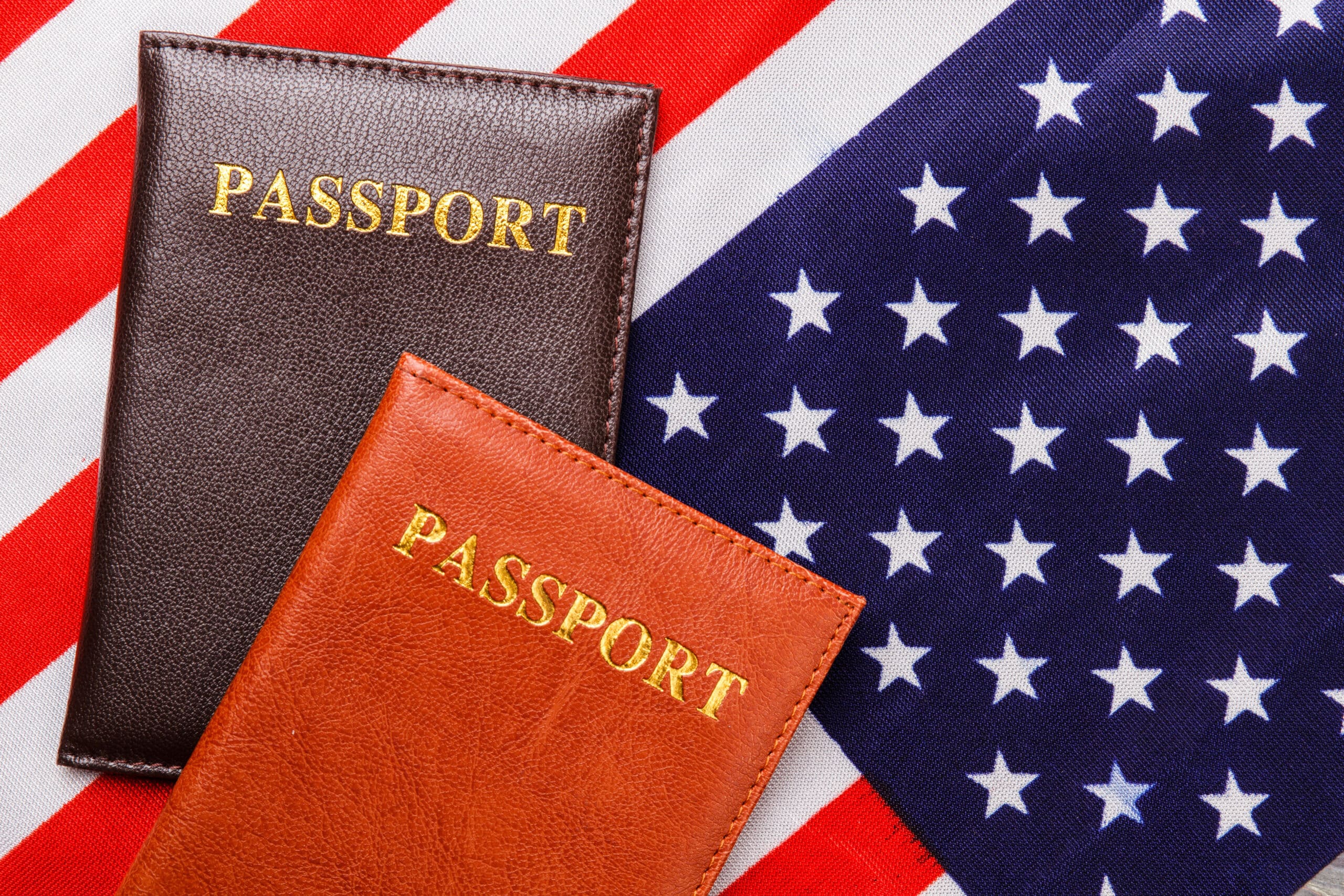What is Dual Citizenship?
Also sometimes referred to as ‘dual nationality,’ dual citizenship refers to lawful registration as a citizen of two countries simultaneously. To obtain dual citizenship, an individual must fulfill the requirements for citizenship in both countries. With dual citizenship, an individual gets the privileges and rights of citizenship to both nations.
Only some countries offer the opportunity to take on dual citizenship, and those that do often have specific requirements that must be met.
In the United States, the federal government allows naturalized U.S. citizens to keep their citizenship from their country of origin (for example, if you originated in Mexico and took the pathway to citizenship in the U.S., the American government would not require you to relinquish your Mexican citizenship). Similarly, a U.S. citizen may choose to naturalize themselves in a foreign country, and they would not risk losing their U.S. citizenship. That said, if an adult acquires foreign citizenship and wishes to relinquish their U.S. citizenship, they are free to do so.
If you wish to pursue dual citizenship, it’s crucial that you understand the strict requirements. An experienced immigration lawyer would be able to assist you in your pursuits. Contact our law firm to schedule your initial consultation so we can review your legal options for dual citizenship.
What Are the Pros and Cons of Dual Citizenship?
Advantages of dual citizenship include:
- As a citizen, you have full political rights in multiple countries, meaning that you have the right to vote or get involved in political elections in two countries.
- Being a dual citizen means that you are allowed to carry two passports.
- Social services – including medical care – are available in multiple countries, giving you the option of choice that someone restricted to one country does not have.
- Some countries restrict land ownership to legal citizens only. If you have dual citizenship, you may own real estate in two countries.
- With dual citizenship, you possess the right to work and reside in two countries and freely travel between the two countries as you wish. While you will need a passport to depart and arrive in the U.S., you will not need a visa or permit to enter the countries where you have citizenship.
Disadvantages of dual citizenship include the following:
- As a dual citizen, you are bound by the laws and requirements of both countries. For example, if the other country has mandatory military service, then you are expected to serve. Service in a foreign military may result in losing your U.S. citizenship if that foreign country is at war with the U.S.
- Depending on the country, you may owe taxes to both the U.S. government and the country where you earn your living. That said, income tax treaties are in place to reduce or eliminate tax liabilities to dual citizens. To learn more, you must speak with a lawyer about your unique case.
- Dual citizenship makes it harder to pursue certain job opportunities. If, for example, you sought employment in the U.S. government, dual citizenship may prevent you from obtaining the necessary security clearance.
- The process for obtaining dual citizenship is complex and difficult to navigate without the help of professional legal counsel.
How Many Countries Allow Dual Citizenship?
Countries that allow dual citizenship (with or without certain restrictions) include the following:
- Albania.
- Algeria.
- Angola.
- Antigua and Barbuda.
- Argentina.
- Armenia.
- Australia.
- Barbados.
- Bangladesh.
- Belgium.
- Belize.
- Benin.
- Bolivia.
- Brazil.
- Bulgaria.
- Canada.
- Chile.
- Costa Rica.
- Croatia.
- Cyprus.
- Czech Republic.
- Denmark.
- Egypt.
- Finland.
- France.
- Germany.
- Greece.
- Hungary.
- Iceland.
- Ireland.
- Israel.
- Italy.
- Jamaica.
- Kosovo.
- Latvia.
- Luxembourg.
- Malawi.
- Malta.
- Mexico.
- New Zealand.
- Nigeria.
- Norway.
- Pakistan.
- Panama.
- Peru.
- The Philippines.
- Poland.
- Portugal.
- Romania.
- Russia.
- Serbia.
- Slovenia.
- South Africa.
- South Korea.
- Spain.
- Sweden.
- Switzerland.
- Syria.
- Turkey.
- United Kingdom.
- United States of America.
- Vanuatu.
How to Apply for Dual Citizenship?
The process for applying for dual citizenship varies depending on the country. Some countries require ancestry from the nation in order to obtain citizenship there. Other nations will automatically grant citizenship to applicants, provided they meet the requirements for naturalization. The most important thing to consider is that not everyone is eligible to apply – and not every country makes applications possible. You must do your research to determine whether it is even possible for you to obtain dual citizenship in the countries of your choosing.
If you meet the citizenship criteria in a second country, you will need to gather all the documentation required for a successful application. In many cases, the necessary documents include your birth certificate, a passport, and a marriage certificate (if you are married). Once all the required documentation is in hand, you must submit it to the authorities through the proper channels.
Applying for dual or even triple citizenship can have many advantages, but the process can be lengthy and complex. It is strongly recommended that you work with legal professionals experienced in immigration law to assist you during the process. Please contact our immigration law legal team for more information about our services.
Schedule a Case Evaluation with an Experienced Immigration Attorney Today
If you’re eligible for dual citizenship, then congratulations. Dual citizenship grants many privileges not afforded to those with citizenship in only one jurisdiction. If you need help determining whether you meet the requirements for dual citizenship, please contact our law firm, as we would be happy to assist you in your pursuit of answers.
Magilligan Law has extensive experience in the practice areas of immigration law. To discuss your case with an attorney, please contact our Hollywood, Florida, law offices at 954-866-8058.








